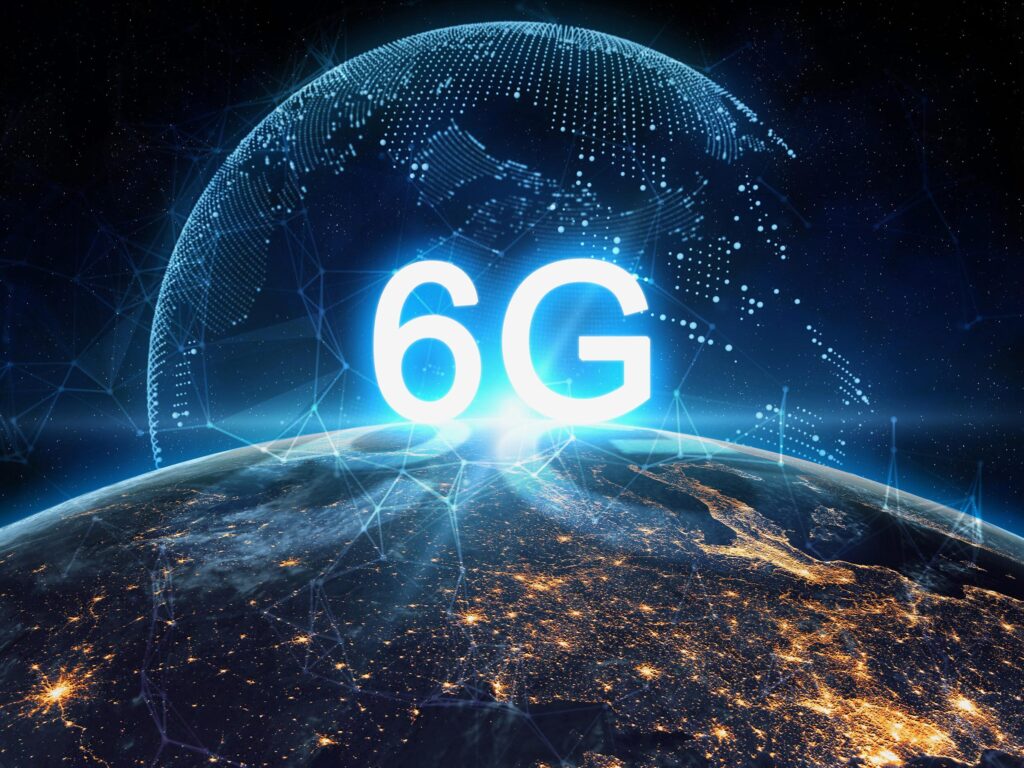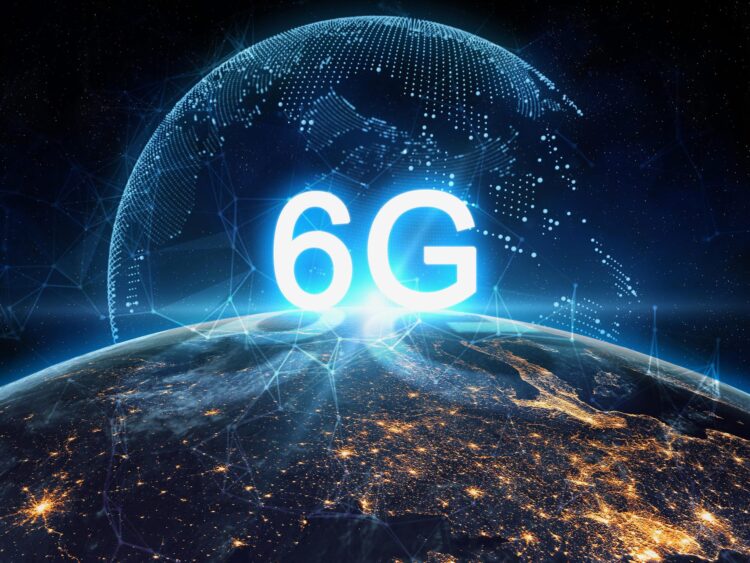

According to reports reaching this platform, the Nigerian Communications Commission (NCC) is already considering the launch of sixth-generation mobile technology (6G), which it believes could generate up to US$1 billion in revenue for the government.
This announcement was made recently by Aminu Maida, the NCC’s executive vice president, during the presentation of the institution’s 2025 budget to the joint telecommunications committee of the National Assembly.
“6G promises ultra-fast data rates with lower latency, significant energy efficiency, and greater reliability. While 6G applications are yet to be defined, this new generation aims to reach global connectivity, sensing connectivity, immersive communications, and critical services, among several other potential use cases throughout a hybrid and diverse technology approach,” explained the Global System for Mobile Communications (GSMA).
However, it’s important to note that the technology is still developing. At this stage, regulators, ministries, operators, suppliers, and researchers focus on defining the spectrum policy for 6G. The GSMA predicts that 6G will become the dominant mobile technology in the 2030s.
In the meantime, 5G accounted for only 2.46% of Nigeria’s 164.9 million mobile subscribers as of December 2024, a little over two years after the technology was first launched. In comparison, 4G comprised 47.20%, 3G represented 8.75%, and 2G accounted for 41.59%. When it comes to coverage, 2G, 3G, 4G, and 5G covered 94.1%, 89.4%, 84.2%, and 11.8% of the Nigerian population in 2023, respectively, according to the International Telecommunication Union (ITU).
Operators will need to invest in expanding 4G and 5G networks. According to Swedish equipment provider Ericsson, the initial cost of rolling out 5G in a country ranges from $3 billion to $8 billion, with an additional investment of 20% to 35% for network expansion. Moreover, operators will require an extra US$150 million to extend 4G coverage to 94% of the population, reaching 9 million more people, according to GSMA. The recent 50% hike in telecom service tariffs approved by the NCC will likely support this expansion.











